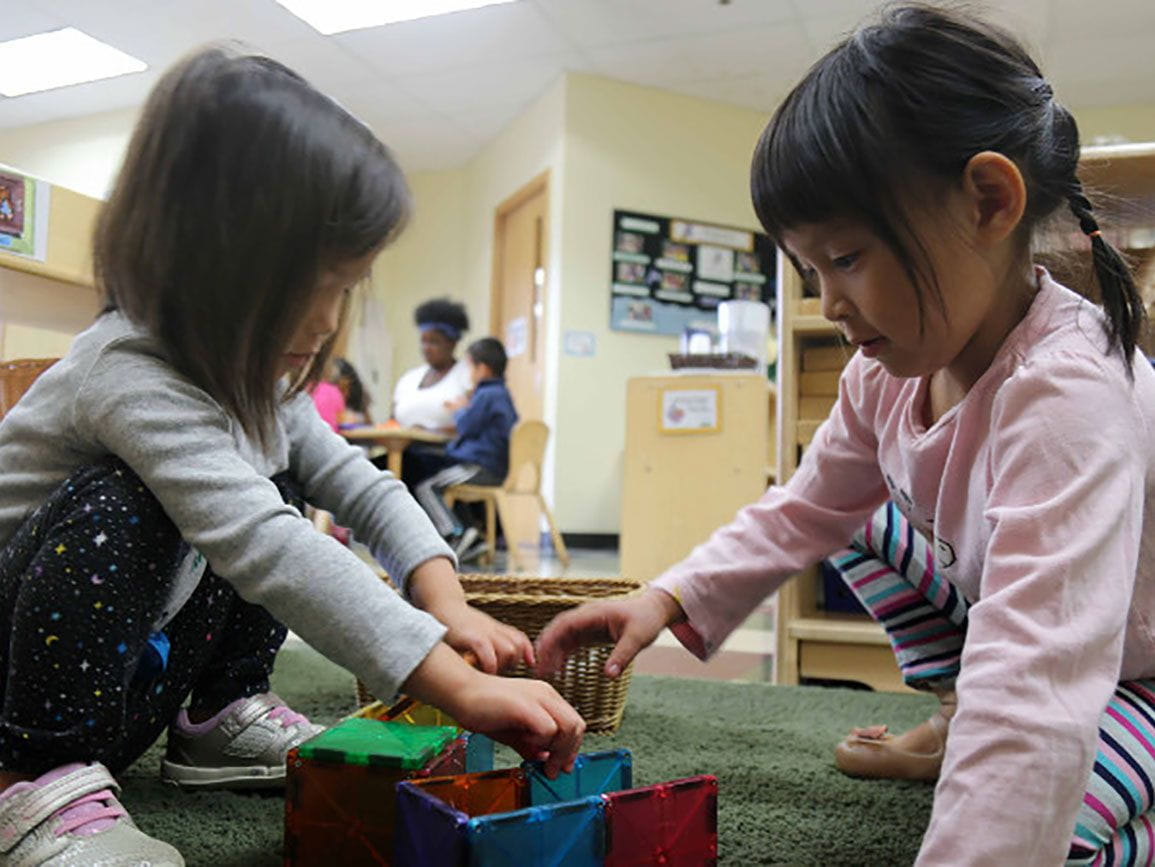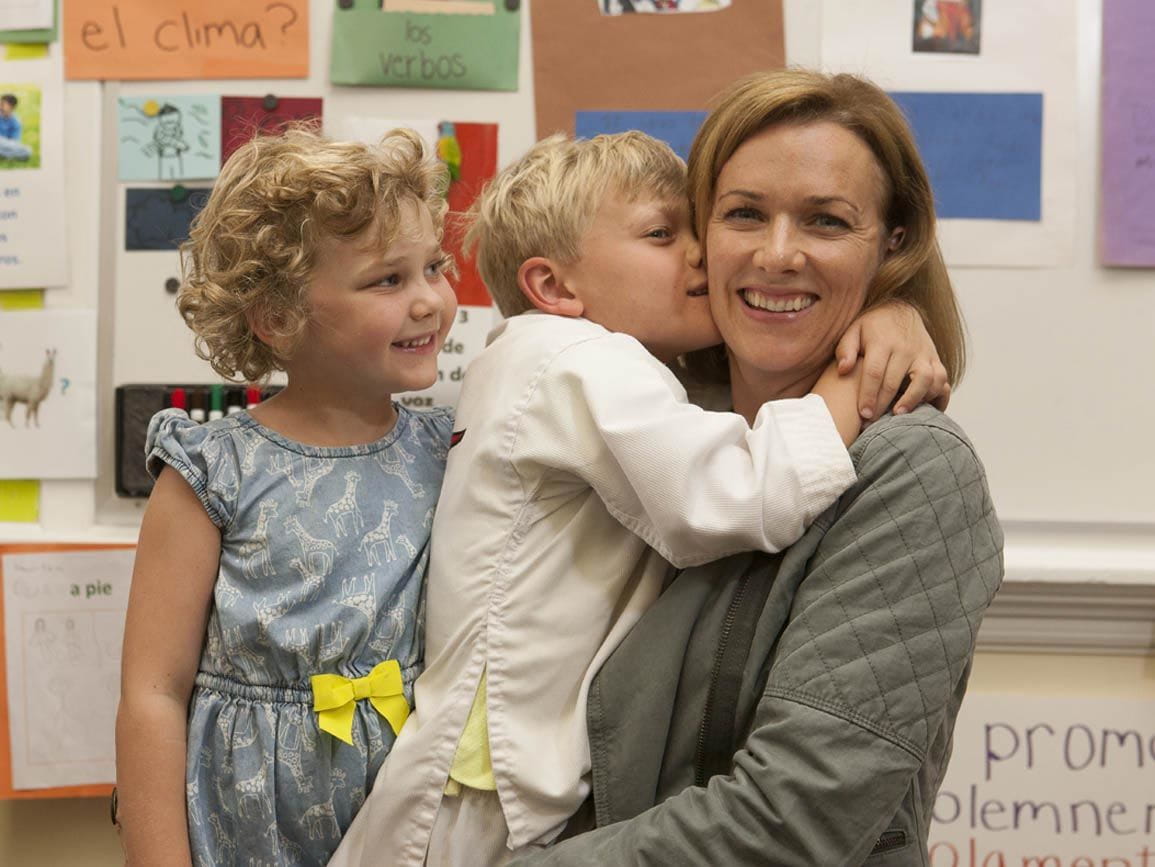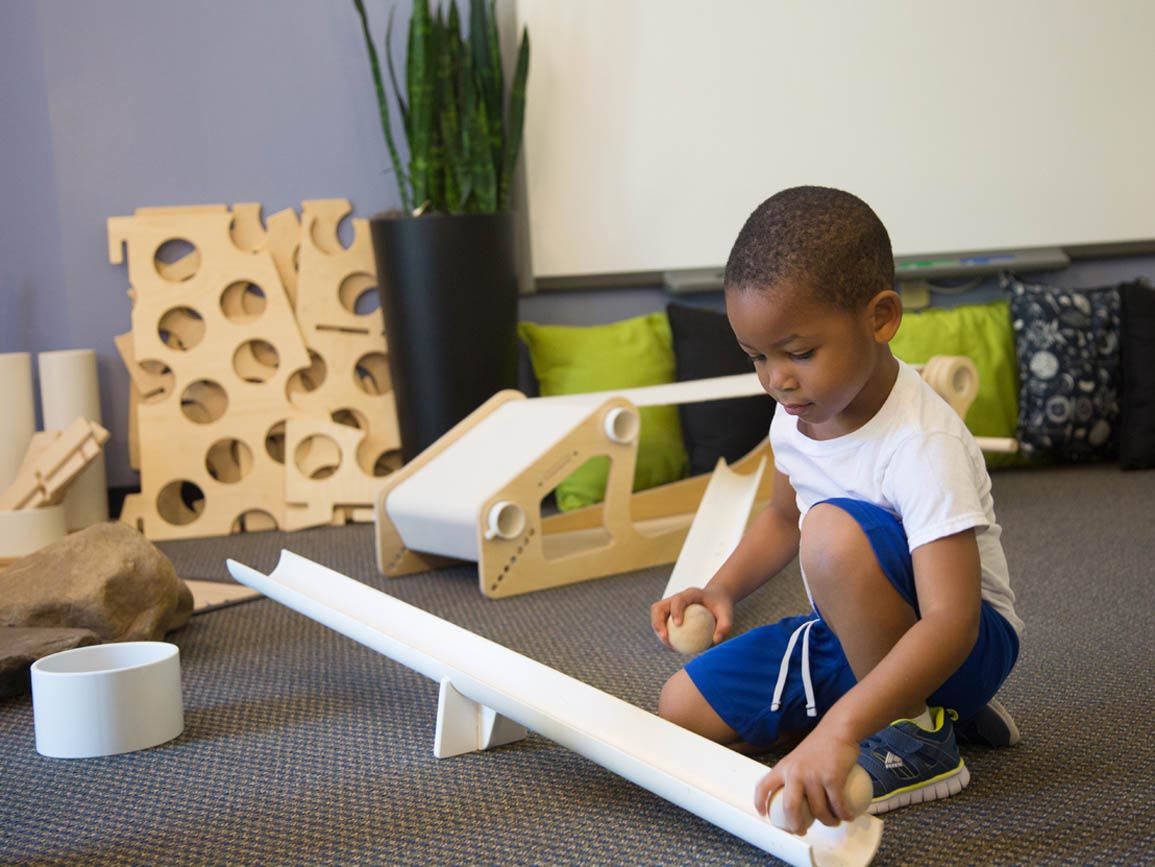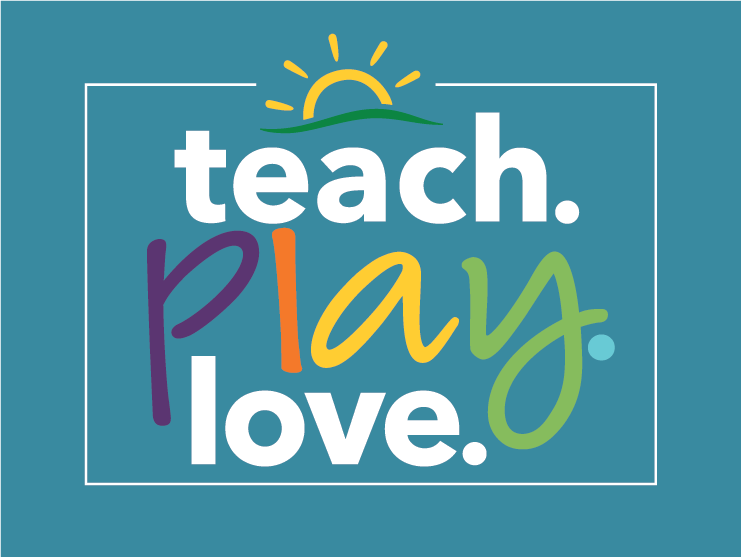What Are the Most Important Life Skills for Kids to Learn?
- Focus and Self-Control
- Perspective-Taking
- Communication
- Making Connections
- Critical Thinking
- Taking on Challenges
- Self-Directed, Engaged Learning
What Are Life Skills?
Teachers sometimes describe these skills as “learning to learn” skills, which can be developed through intentional daily activities.
Below, we explore the seven essential life skills and offer some simple ways to nurture them.
Essential Life Skill Activities to Instill into Your Child’s Daily Routine
1. Focus and Self-Control
Children thrive on schedules, habits, and routines, which not only create a feeling of security, but also help children learn self-control and focus. Talk with your child about what to expect each day. Organize your home so your child knows where to put shoes, coats, and personal belongings. We live in a noisy, distraction-filled world, so quiet activities like reading a book, enjoying sensory activities, or completing a puzzle together can help your child slow down and increase focus.
2. Perspective-Taking
Thinking about another’s point of view doesn’t come naturally to most children, but it can be developed. Discuss characters’ feelings and motivations in the books you read, e.g., “I wonder why the cat and the pig wouldn’t help the little red hen.” Make observations about how others are feeling, e.g., “Alex was really sad that he didn’t get a turn. I wonder what we can do to make him feel better.”
3. Communication
Children need high-touch personal interactions every day to build healthy social-emotional skills, including the ability to understand and communicate with others. While the pace at which they develop these skills may vary, children need to learn how to “read” social cues and listen carefully. They must consider what they want to communicate and the most effective way to share it. Just talking with an interested adult can help build these skills. Spend time every day listening and responding to your child without distractions.
4. Making Connections
True learning, says Galinsky, occurs when we can see connections and patterns between seemingly disparate things. The more connections we make, the more sense and meaning we make of the world. Young children begin to see connections and patterns as they sort basic household items like toys and socks. Simple acts, such as choosing clothing appropriate for the weather, helps them build connections. Point out more abstract connections in life, or in stories you read, e.g., “This book reminds me of when we picked sea shells at the beach.”
5. Critical Thinking
We live in a complex world in which adults are required to analyze information and make decisions about myriad things every day. One of the best ways to build critical thinking is through rich, open-ended play. Make sure your child has time each day to play alone or with friends. This play might include taking on roles (pretending to be fire fighters or super heroes), building structures, playing board games, or playing outside physical games, such as tag or hide-and-go-seek. Through play, children formulate hypotheses, take risks, try out their ideas, make mistakes, and find solutions—all essential elements in building critical thinking.
6. Taking on Challenges
One of the most important traits we can develop in life is that of resilience—being able to take on challenges, bounce back from failure, and keep trying. Children learn to take on challenges when we create an environment with the right amount of structure—not so much as to be limiting, but enough to make them feel safe. Encourage your child to try new things and allow reasonable risk, such as climbing a tree or riding a bike. Offer a new challenge when she seems ready, e.g., “I think you’re ready to learn to tie your shoes. Let’s give it a try.” Focus more on effort than achievement, e.g., “Learning to tie your shoes was really hard, but you kept trying. Well done.”
7. Self-Directed, Engaged Learning
A child who loves learning becomes an adult who is rarely bored in life. To encourage a love of learning, try to limit television and encourage plenty of reading, play, and open-ended exploration. Model curiosity and enthusiasm for learning in your own life by visiting the library together, keeping craft supplies, making games available, and allowing for some messes at home.
By following these simple tips, you can easily help your child build essential skills.
Bright Horizons Podcast: Lemons to Lemonade with Four Ingredients
On this episode of the Work-Life Equation, turn those parenting lemons into lemonade! It might not seem like it, but your child is more predictable than you think—and each stage of your child’s development, along with every meltdown, is a gateway to skill-building for your little one. Hear early childhood experts Ellen Galinsky and Rachel discuss the science behind parenting that can turn frustration into great skills for life.




